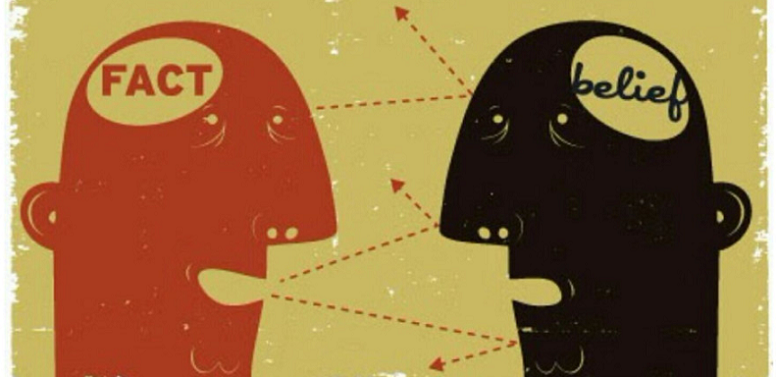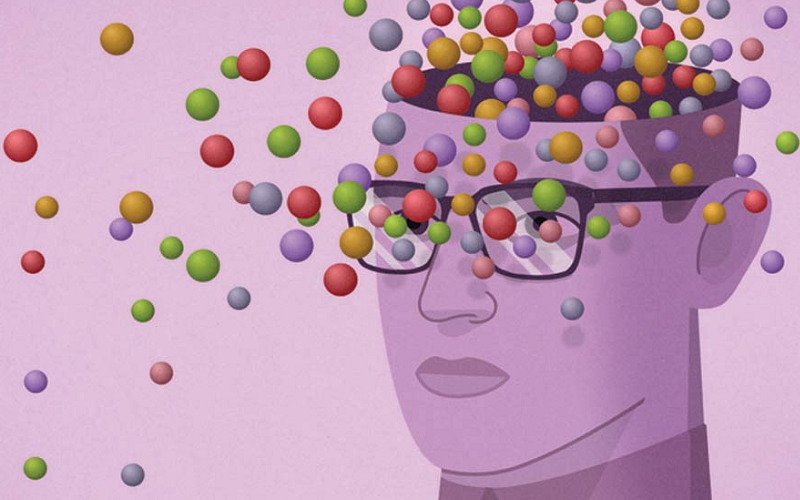Decision making is a fundamental aspect of our daily lives and a crucial component of our ability to navigate the world around us. The study of decision making has been of great interest to psychologists for many years, and has led to a deeper understanding of the cognitive processes involved in making choices and judgments. However, decision making is not always a straightforward process, and can be influenced by a range of biases and emotions. Here we explore the psychology of decision making, and examine the impact that biases and emotions can have on our judgment and decision-making abilities.
Defining Decision Making and Bias
Decision making refers to the process of choosing between different options to determine a course of action. It involves weighing the costs and benefits of each option, considering our values and goals, and making a final choice. Bias, on the other hand, refers to a systematic error in thinking that affects the accuracy and fairness of our judgments and decisions.
Biases can arise from various sources, such as our cognitive limitations, emotional states, past experiences, and cultural and social influences. They can lead to distorted information processing, inaccurate judgment, and flawed decision making. For example, confirmation bias is a common cognitive bias that occurs when we seek out and give more weight to information that confirms our existing beliefs and values, while disregarding or discounting information that contradicts them.
It is important to be aware of biases in decision making, as they can have significant impacts on our personal and professional lives. Biased decisions can lead to poor outcomes, such as missed opportunities, suboptimal solutions, and even harm to ourselves or others. By recognizing and mitigating the effects of biases, we can improve the quality and fairness of our decisions and increase the chances of achieving our goals and objectives.

The Psychology of Decision Making
Decision making is a psychological process that involves the evaluation of available options and the selection of a course of action. It requires the integration of various cognitive and emotional processes, such as perception, attention, memory, reasoning, and emotions.
The study of decision making in psychology has led to the development of various models that attempt to explain the mechanisms involved in the process. One of the earliest models is the rational model, which assumes that individuals make decisions based on a deliberate and systematic calculation of the costs and benefits of each option. However, research has shown that human decision making is often influenced by cognitive biases and limitations, as well as emotional factors, leading to the development of alternative models, such as the bounded rationality model and the heuristics and biases model.
The bounded rationality model recognizes that decision making is often limited by our cognitive abilities, such as attention and memory, and that individuals often use simplifying strategies, such as heuristics, to make decisions more efficiently. The heuristics and biases model highlights the role of heuristics, or mental shortcuts, in decision making, and how they can lead to systematic errors, or biases, in judgment.
The psychology of decision making is a complex and multi-faceted field that incorporates various cognitive and emotional processes, as well as the influence of biases and limitations. Understanding the psychology of decision making can help individuals and organizations make more informed, effective, and fair decisions.

Biases in Decision Making
Biases in decision making refer to systematic errors in thinking that affect the accuracy and fairness of our judgments and choices. These biases can arise from various sources, such as cognitive limitations, emotional states, past experiences, and cultural and social influences.
One of the most common biases in decision making is confirmation bias, which refers to the tendency to seek out and give more weight to information that confirms our existing beliefs and values, while disregarding or discounting information that contradicts them. Confirmation bias can lead to distorted information processing and inaccurate judgment, as individuals may only consider information that supports their preconceived notions, while ignoring or downplaying information that challenges them.
Another example of a bias in decision making is the availability heuristic, which refers to the tendency to base our judgments and decisions on the most readily available information. This bias can lead to errors in judgment, as individuals may overemphasize the importance of information that is easily accessible, rather than considering all relevant information.
It is important to recognize and mitigate the effects of biases in decision making, as they can have significant impacts on our personal and professional lives. By recognizing and correcting for our biases, we can improve the accuracy and fairness of our judgments and decisions, and increase the chances of achieving our goals and objectives.

Emotions and Decision Making
Emotions play a critical role in decision making, as they can influence our perceptions, motivations, and choices. Emotional states, such as fear, anger, and joy, can affect our attention, memory, and information processing, leading to systematic biases in judgment and decision making.
For example, emotions can influence our risk taking behavior, as they can affect our perceptions of the likelihood and consequences of potential outcomes. When we are in a state of fear or anxiety, we may be more risk averse, as we become more sensitive to potential negative outcomes. Conversely, when we are in a state of excitement or joy, we may be more willing to take risks, as we become more optimistic about potential positive outcomes.
Emotions can also influence our decision making heuristics, or mental shortcuts, that we use to simplify complex decision making problems. For example, emotions can affect our judgments of value, as they can influence our preferences and trade-offs between different options.
Emotions play a crucial role in decision making, as they can influence our perceptions, motivations, and choices. By recognizing and regulating our emotional states, we can improve the accuracy and fairness of our judgments and decisions, and increase the chances of achieving our goals and objectives.

